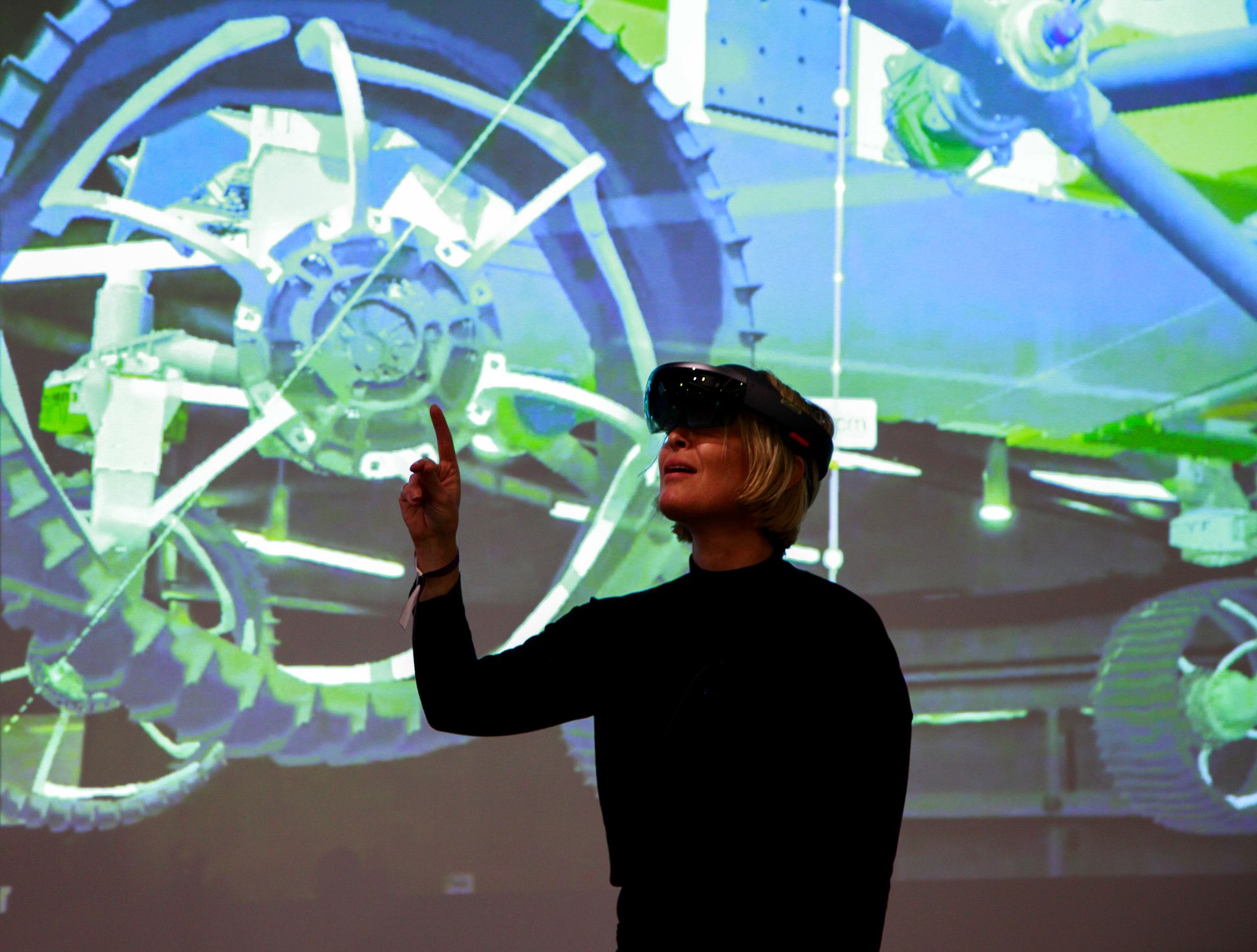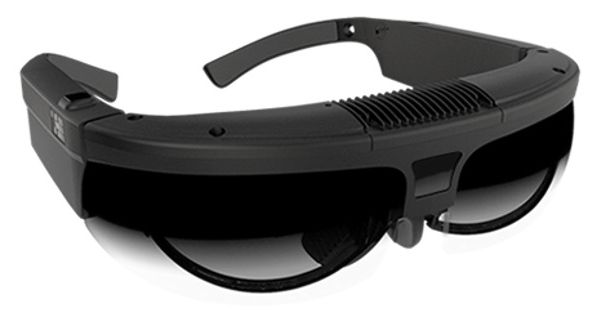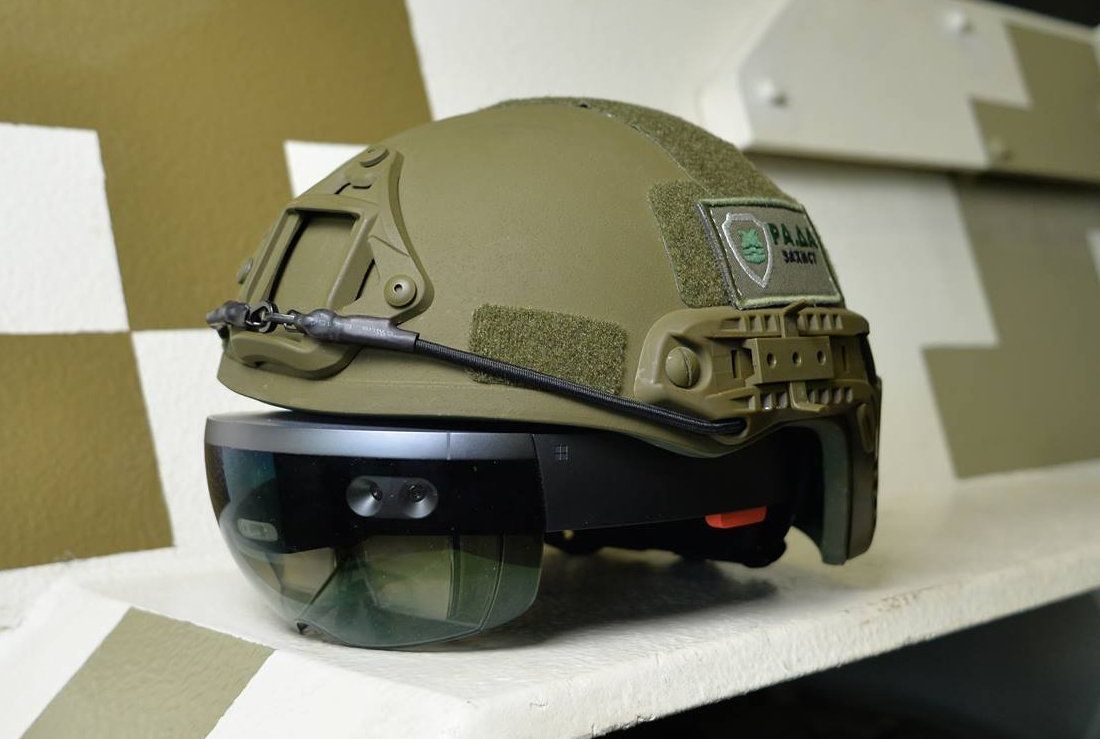The future is here and it’s TERRIFYING. Via our friends at Vocativ Video.
Category: augmented reality – Page 58

Mobile If Apple Builds Smart Glasses, They’d Better Be Spectacular — By Jamie Condliffe | MIT Technology Review
” … Apple is considering the idea of producing digital glasses. The specs would, we’re told, “connect wirelessly to iPhones, show images and other information in the wearer’s field of vision, and may use augmented reality.””



‘Bots’ step up for 2016 election news coverage
What I don’t understand is why haven’t we seen and experienced much media news, radio, etc. enhanced and even in some cases new desk people, etc. replaced by AI technology especially with how we can emulate a person in AI tech not to mention AR/ VR technology. Could we see a Bill O’Riely, or Megan Kelly, or MSNBC, etc. replaced by AI in the coming 3 to 5 years? Most definitely radio should consider.
If you’re reading about the US election, some of that news is likely to come to you from a “bot.”
Automated systems known as “bots” or “robo-journalism” have been around for years, but they are playing a bigger role in coverage this year amid technology advances and stretched media resources.
The New York Times, Washington Post, CNN, NBC, Yahoo News and the non-profit Pro Publica are among news organizations using automated technology or messaging bots for coverage in the runup to Tuesday’s vote or on election night.

HoloLens gets more battlefield use
We have already seen the HoloLens mixed reality headset put to military use by the Israeli Defense Force for advanced battlefield planning.
Now Ukrainian company LimpidArmor has shown off a new application for the augmented reality device on the actual battlefield to improve the field of view of tank commanders without exposing them to additional risk. The technology was shown off at the Arms and Security show, held in Kiev from 11 to 14 October.
LimpidArmor’s hardware and software system uses a HoloLens integrated with a helmet and cameras mounted around the tank to give commanders a 360 degree view of their environment in both optical and thermal and makes this available in real-time.
Get Ready for Magic Leap: New Patent Brings VR Device One Step Closer to Reality
In Brief:
- Now with just under $800 million in funding, Florida startup Magic Leap has applied for a patent for its VR/AR headsets, bringing them one step closer to market.
- From healthcare to the military, VR/AR is being applied to industries far beyond its humble roots in gaming.
Florida-based startup Magic Leap has been getting considerable attention thanks in no small part to the awesome-looking augmented reality video demos it has released. Apart from these videos and the info we could glean from some interviews and Twitter posts, however, we haven’t yet been given a complete explanation of what the company has in store for consumers. What we do know is that it promises an AR experience unlike any other by delivering “neurologically true visual perception.” In short, the brain won’t be able to tell the difference between reality and virtual reality when you are using Magic Leap’s device.

Magic Leap goes to Finland in pursuit of Nordic VR and AR talent
Florida-headquartered Magic Leap has set up a company in Helsinki to gain access to Finland’s vast, Nokia- and gaming-driven reservoir of VR and AR talent.
In July, Magic Leap registered a company in Helsinki with CFO Scott Henry as the chairman of the board. The company did not return my request for a comment.
The Finnish VR and AR companies I spoke with would not confirm or deny working with the company dubbed one of the most secretive startups in the world. But considering the country’s strong know-how in technologies (especially in optics, hardware, and software) that are all highly relevant in the quest for VR/AR domination, it’s no surprise that multinational giants and hot startups are courting the country’s talent pool.
Has a Black Mirror episode predicted the future of video games?
In Playtest, a developer creates an augmented reality horror adventure that uses the player’s own memories to scare them. This is closer to reality than you may think.